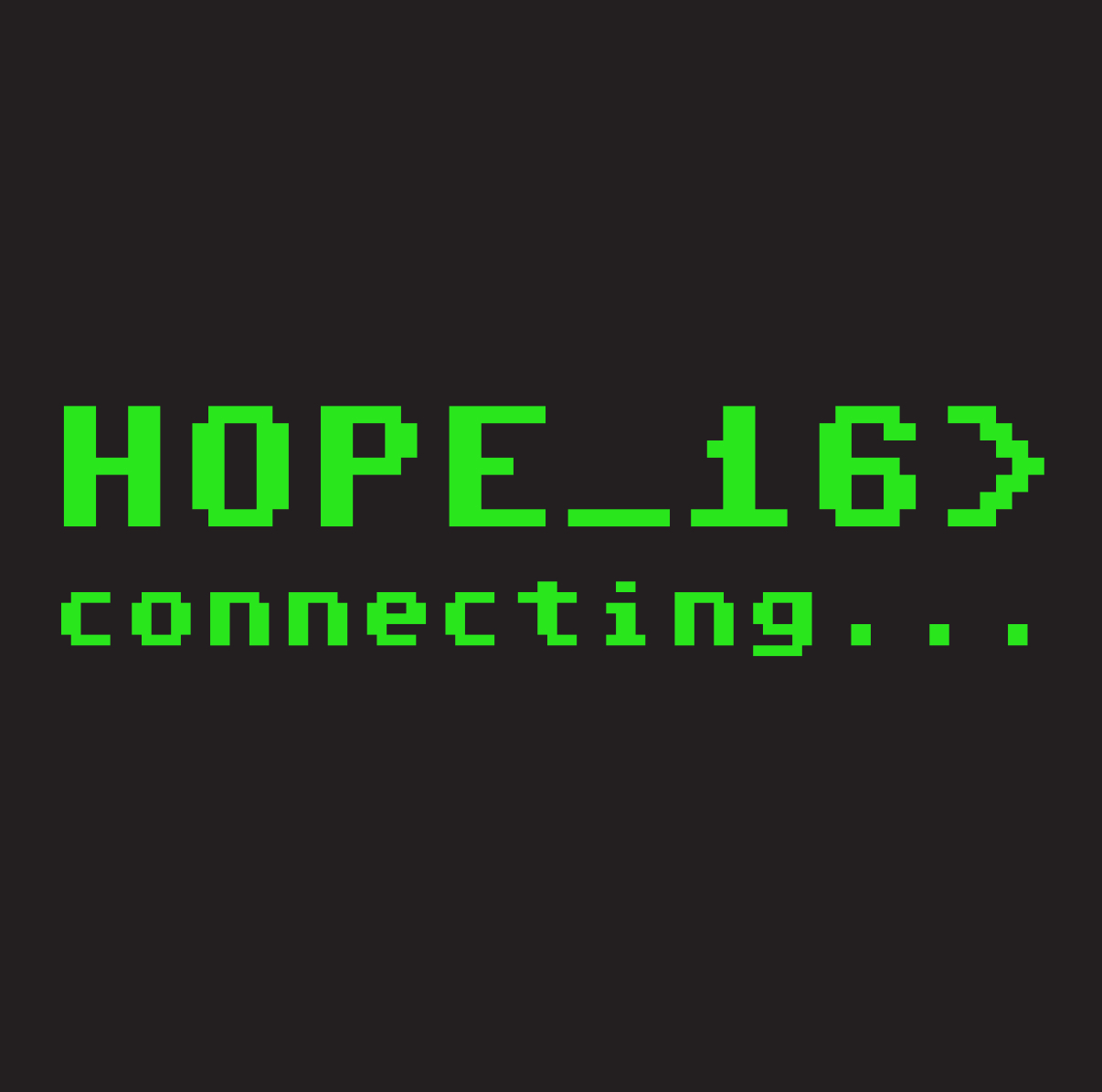Creative Problem-Solving Workshop
Creative Problem-Solving
This workshop will be given:
Day 1: Friday, 12-July-2024, 6:00pmm - 7:00pm, in Tobin 221 (Workshop 2)
Materials cost:
none
NOTE: You do NOT need to register to take this workshop -- please show up early to ensure a seat at Tobin 221 (Workshop 2).
Tools for Generating Options:
Brainstorming
W/Post-it®
Brainwriting
Forced Fitting
Imagery Trek
Ladder of Abstraction
Morphological Matrix
SCAMPER
Tools for Focusing Options:
Advantages, Limitations, Unique Qualities, Overcome Limitations (AULO)
Evaluation Matrix
Criteria
Highlighting
Musts/Wants
Paired Comparison Analysis
Short/Medium/Long (SML)
Abstract
This training program immerses participants into using both familiar and unfamiliar creative methodologies, problem-solving techniques, and the application of diverse tool sets. This comprehensive program spans from understanding the fundamentals of creativity to the practical utilization of creative tool kits for generating and focusing options in problem-solving scenarios. By the end of the day, participants will be equipped with the skills and knowledge necessary for creative problem-solving, fostering an innovative mindset, and providing practical tools for addressing challenges in real-world scenarios.
Presenter
Dr. Gregory Carpenter
Registration -- NOT required
You do not need to register in advance to take this workshop -- just show up early to ensure a seat.:
More info:
Presentation has been uploaded in the Wiki. Anyone unable to access it can send me an email and I will forward directly to you:
greg.carpenter@kbi.ai
Presentation Slides:
File:Creative Problem Solving.pptx
References:
Basadur, M. (1994). Simplex: A flight to creativity. Buffalo, NY: CEF Press.
Besemer, S. P., & O'Quin, K. (1987). Creative product analysis: Testing a model by developing a judging instrument. Journal of Creative Behavior, 21(4), 219-231.
Bodmer, S., Kilger, M., Carpenter, G., & Jones, J. (2012). Reverse deception: Organized cyber threat counter-exploitation. McGraw-Hill Education.
Christensen, C. M. (2013). The innovator's dilemma: When new technologies cause great firms to fail (Reprint ed.). Boston, MA: Harvard Business Review Press.
Dacey, J. S. (1989). Fundamentals of creative thinking. Lexington, MA: D. C. Heath & Co.
Haefele, J. W. (1962). Creativity and innovation. New York, NY: Reinhold.
Isaksen, S. G., Dorval, K. B., & Treffinger, D. J. (1994). Creative approaches to problem solving. Dubuque, IA: Kendall/Hunt Publishing.
Isaksen, S. G., Treffinger, D. J., & Dorval, K. B. (1997). The creative problem solving framework: An historical perspective. Sarasota, FL: Center for Creative Learning.
Isaksen, S. G. (Ed.). (1987). Frontiers of creativity research: Beyond the basics. Buffalo, NY: Bearly Limited.
Johnson, S. (2010). Where good ideas come from: The natural history of innovation. New York, NY: Riverhead Books.
Kelley, T., & Kelley, D. (2013). Creative confidence: Unleashing the creative potential within us all. New York, NY: Crown Business.
Kelley, T. (2001). The art of innovation: Lessons in creativity from IDEO, America's leading design firm. New York, NY: Crown Business.
Kerr, Barbara. "creativity". Encyclopedia Britannica, 2 Jul. 2024, https://www.britannica.com/topic/creativity. Accessed 8 July 2024.
Michalko, M. (2006). Thinkertoys: A handbook of creative-thinking techniques (2nd ed.). Berkeley, CA: Ten Speed Press.
Michalko, M. (2001). Cracking creativity: The secrets of creative genius. Berkeley, CA: Ten Speed Press.
Mootee, I. (2013). Design thinking for strategic innovation: What they can't teach you at business or design school. Hoboken, NJ: Wiley.
Parnes, S. J. (Ed.). (1992). Sourcebook for creative problem solving: A fifty year digest of proven innovation processes. Buffalo, NY: CEF Press.
Pink, D. H. (2006). A whole new mind: Why right-brainers will rule the future. New York, NY: Riverhead Books.
Ries, E. (2011). The lean startup: How today's entrepreneurs use continuous innovation to create radically successful businesses. New York, NY: Crown Business.
Joyce, M., Isaksen, S., Davidson, F., Puccio, G., Coppage, C., & Maruska, M. (1997). An introduction to creativity (2nd ed.). Acton, MA: Copley Press.
